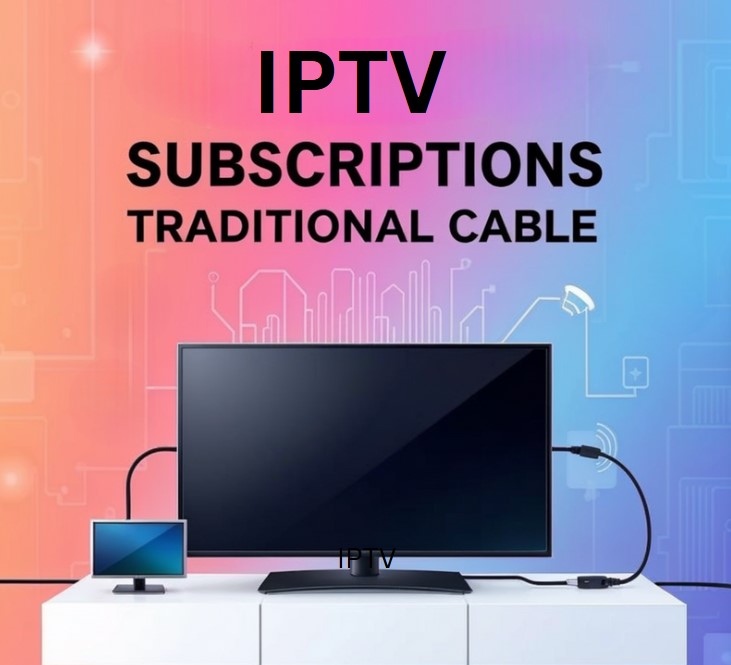Remember when cable was king? Those hefty set-top boxes, complicated bundles, and endless channels you never watched? For a long time, cable TV was the go-to option for anyone looking to watch their favorite shows, live sports, or movies.
But times are changing, and fast. IPTV (Internet Protocol Television) is the new player in town, and it’s quickly overtaking traditional cable for a lot of reasons. If you haven’t made the switch yet, you might be wondering why so many people are jumping ship. Let me tell you—it’s more than just a trend.
What Exactly Is IPTV?
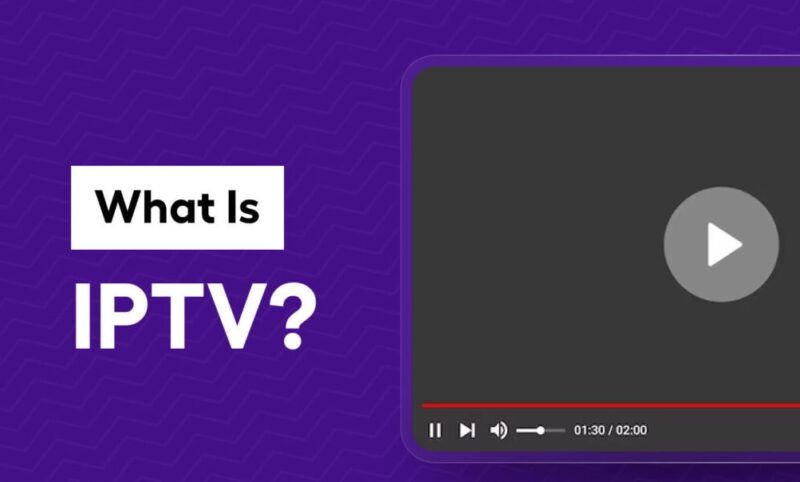
Let’s start by clearing up any confusion. IPTV delivers television content over the internet, not through traditional cable or satellite. Instead of relying on a physical connection like a coaxial cable or satellite dish, it uses your internet connection to stream content directly to your device.
You’re probably already using some form of IPTV without realizing it—think Netflix, Hulu, or any other streaming service. But IPTV can go much further than just on-demand movies and TV shows.
There are different types of IPTV services:
- Live TV: Streams live TV channels similar to traditional cable but through the internet.
- Video on Demand (VOD): Offers a library of shows and movies you can watch whenever you want.
- Time-Shifted TV: Miss a show? This lets you watch programs that aired earlier.
The Advantages of IPTV Over Traditional Cable
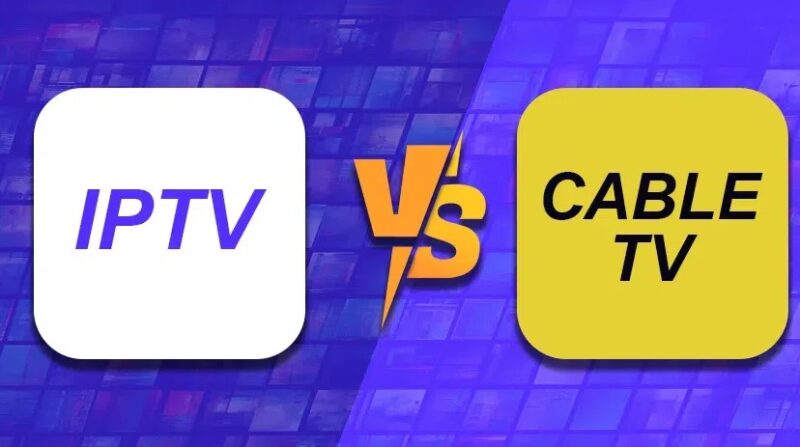
Now, you may be asking, “Why should I care?” Well, there are a lot of benefits to IPTV over traditional cable. Let’s get into some of them.
1. Cost Efficiency
For starters, Internet Protocol TV can be way cheaper than a traditional cable subscription. Cable companies often trap you in bloated bundles, where you’re paying for hundreds of channels, most of which you never actually watch. With IPTV, you’re often able to pick exactly what you want to watch and pay for only that. Plus, no more sneaky fees for things like equipment rentals or HD upgrades.
2. Flexibility and Portability
You know that frustration when you want to watch a show but you’re stuck in one room because the cable box is tethered there? IPTV solves this. Because it’s internet-based, you can watch on practically any device—your smart TV, smartphone, tablet, or even a laptop. Watching live sports while stuck in traffic or catching up on your favorite show during a lunch break becomes super easy. IPTV goes with you, wherever you are, as long as there’s an internet connection.
3. No Contracts
Most cable services rope you into long-term contracts, with penalties if you want to leave early. These services are typically subscription-based, so you can cancel anytime. It gives you the freedom to move around and experiment with different providers or packages without feeling locked down.
4. More Content, Less Hassle
Imagine being able to access content from all over the world. IPTV often offers international channels and on-demand content that traditional cable doesn’t even come close to. Plus, it can offer a broader range of content, from niche sports to obscure shows, that cable companies don’t usually carry. All that with fewer interruptions and better picture quality!
The Tech Behind IPTV
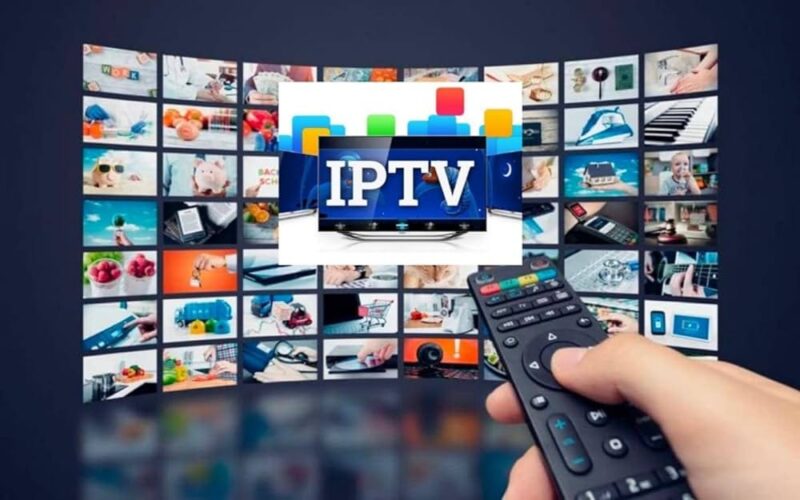
I know some of you might feel a bit intimidated by the idea of “internet-based TV.” But here’s the truth—if you’ve ever streamed a show on Netflix, you’ve already got the hang of it. Internet Protocol TV just takes it to the next level.
Many IPTV providers offer apps that are easy to install and use. If you have a smart TV, all you really need is a good internet connection and a subscription to a provider. For those without a smart TV, an affordable streaming device like an Amazon Fire Stick, Google Chromecast, or Roku can turn your regular TV into a smart one, capable of streaming IPTV content.
What Do You Need To Get Started?
You don’t need to be a tech guru to set it up in your home. Here’s a quick checklist of what you’ll need:
- A stable internet connection (at least 10-15 Mbps for HD streaming)
- A device to stream on (smart TV, laptop, tablet, smartphone, or streaming box)
- An IPTV provider (there are free options, but paid services tend to offer better content and reliability)
- Optional: A VPN for more security and access to geo-blocked content
How IPTV Is Changing the Game for Sports Lovers
Cable TV used to have a monopoly on live sports coverage. But that’s not the case anymore. With IPTV, sports fans can follow their favorite teams without needing an expensive cable package.
Most IPTV services offer specific packages tailored for sports, including access to international leagues and less popular sports you might not find on cable. It’s also becoming easier to get pay-per-view events via Internet Protocol TV, saving fans from dealing with cable company surcharges. Plus, it offers features like pausing live games, rewatching key moments, or skipping to the highlights—things you won’t find with traditional cable.
IPTV and On-Demand
On-demand streaming isn’t just a perk; it’s quickly becoming the way we consume content. Gone are the days of sitting through commercials or planning your night around when your favorite show is on. With IPTV, you decide what you watch and when you watch it.
The rise of binge-watching is proof that people prefer this model. With IPTV services offering massive libraries of content, you can watch entire seasons of a show back-to-back, without waiting for the next episode to air. This convenience is addictive, and once you get a taste of it, going back to traditional cable feels outdated.
Are There Any Downsides to IPTV?
No service is perfect, and IPTV isn’t immune to some challenges. But the cons are relatively minor compared to traditional cable.
1. Internet Dependency
IPTV relies heavily on a good internet connection. If your internet is slow or unreliable, your viewing experience could suffer. Unlike cable, where your TV signal is separate from your internet, IPTV needs that bandwidth.
2. Service Quality Can Vary
Not all IPTV services are created equal. Some offer better picture quality, fewer lags, and more reliable streams than others. You’ll want to do some research or try a few free trials to see which provider works best for you.
3. Legal Gray Areas
Some IPTV services operate in a legal gray area by offering channels and content without proper licensing. It’s important to choose reputable providers to avoid issues, and you may want to consider using a VPN for added security.
The Future of TV Is IPTV
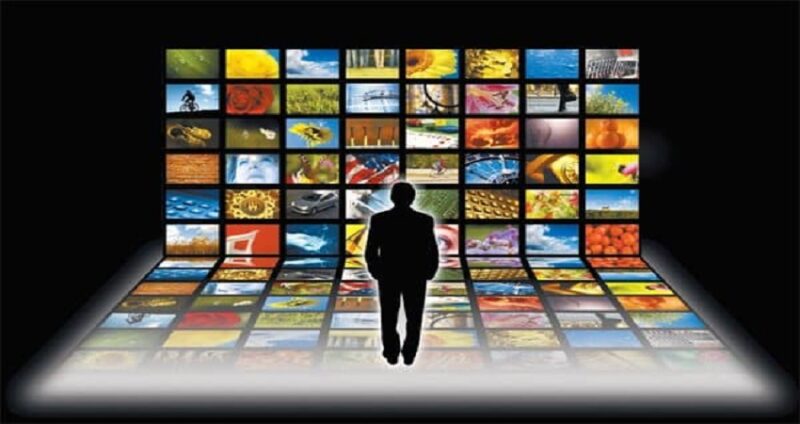
The way we watch TV has evolved dramatically, and it’s clear IPTV is leading the charge. The combination of flexibility, affordability, and variety makes it an appealing alternative to the old-school cable packages many of us grew up with. And as more people realize they no longer need to be tied to a traditional cable provider, IPTV is set to become the norm.
If you’re still using cable, it might be time to ask yourself, “Why?” Making the switch isn’t just about staying current with technology. It’s about reclaiming control of how, where, and when you watch content. Give IPTV a shot—you might never look back.
Related Posts:
- Can you Save Money by Using Cable TV During Quarantine Time?
- Why Video Quality of Streaming Services Look Better…
- New Ideas How to Take Care of Concrete Driveway: 7…
- Is Streaming the Future of TV - Here's What You Need…
- A Comparative Analysis: Traditional vs. Online…
- 25 Traditional 50th Birthday Gift for Wife She Will…

